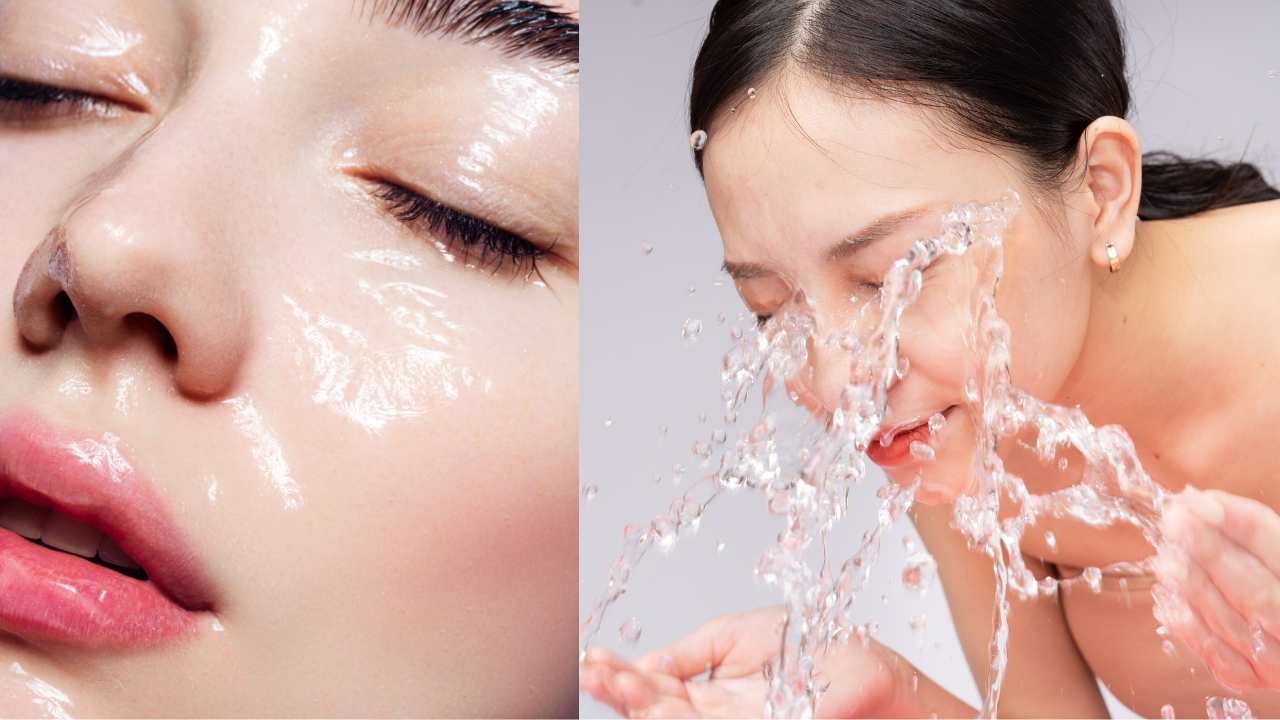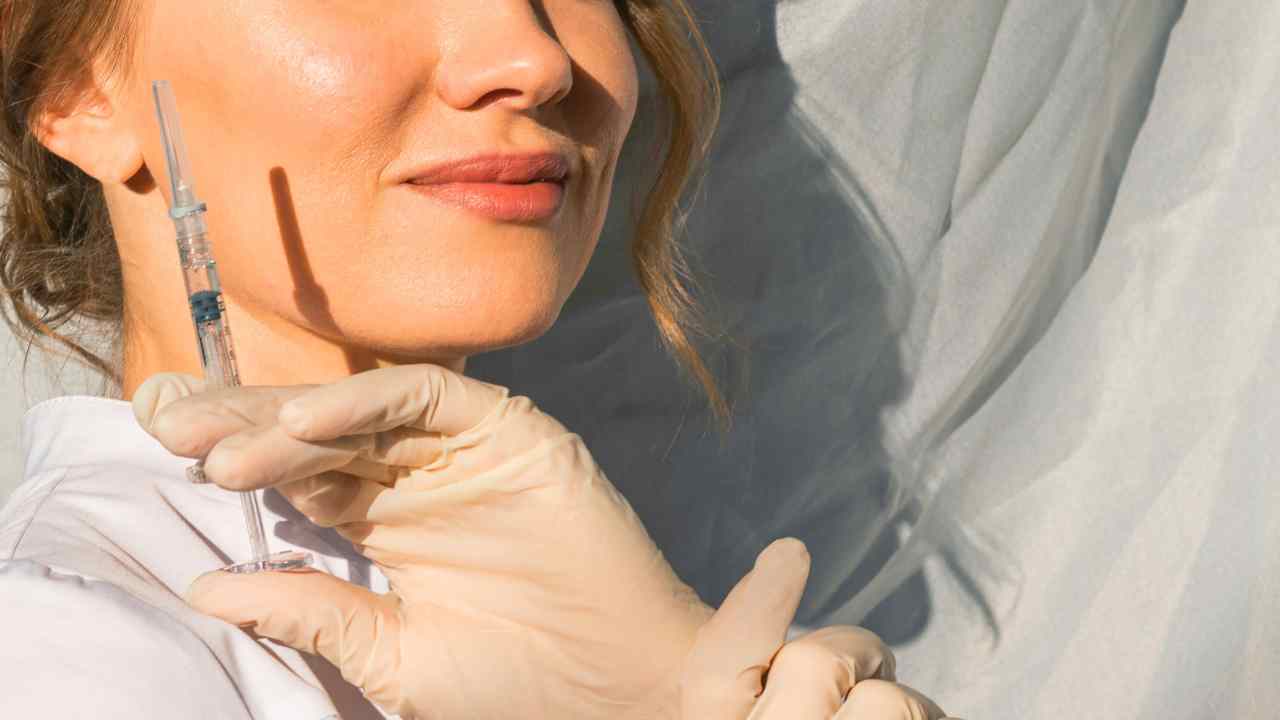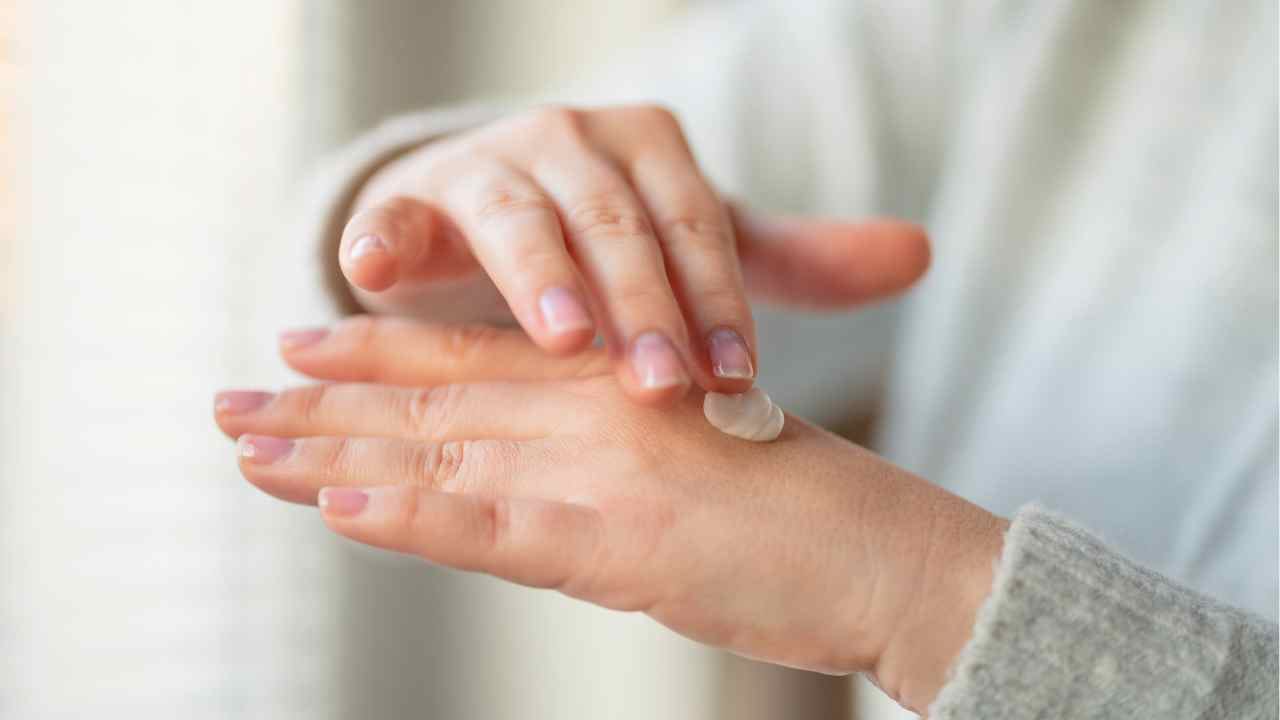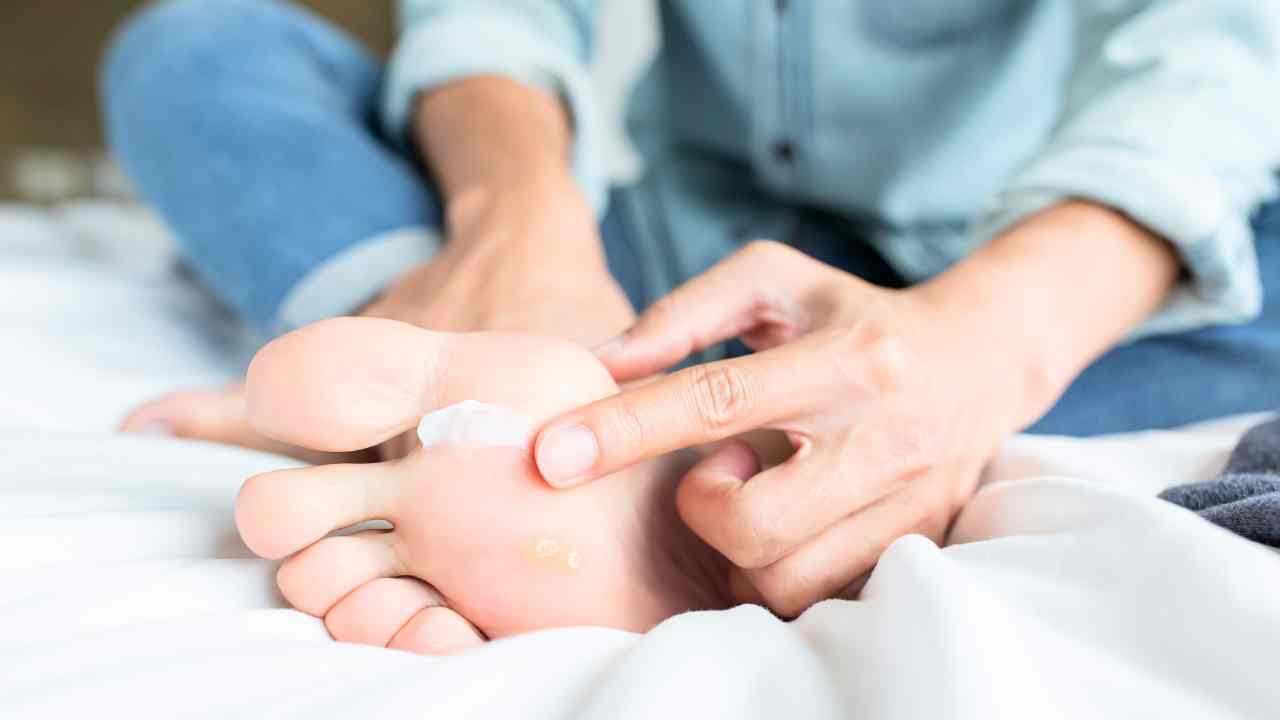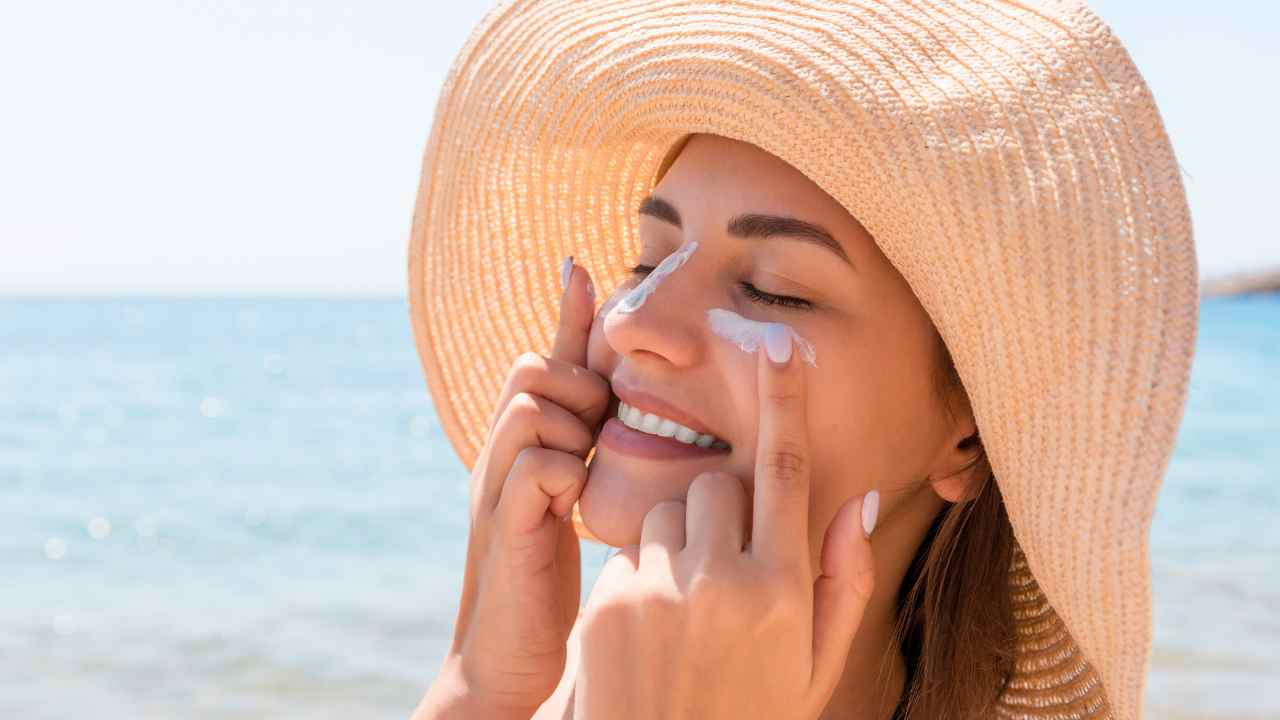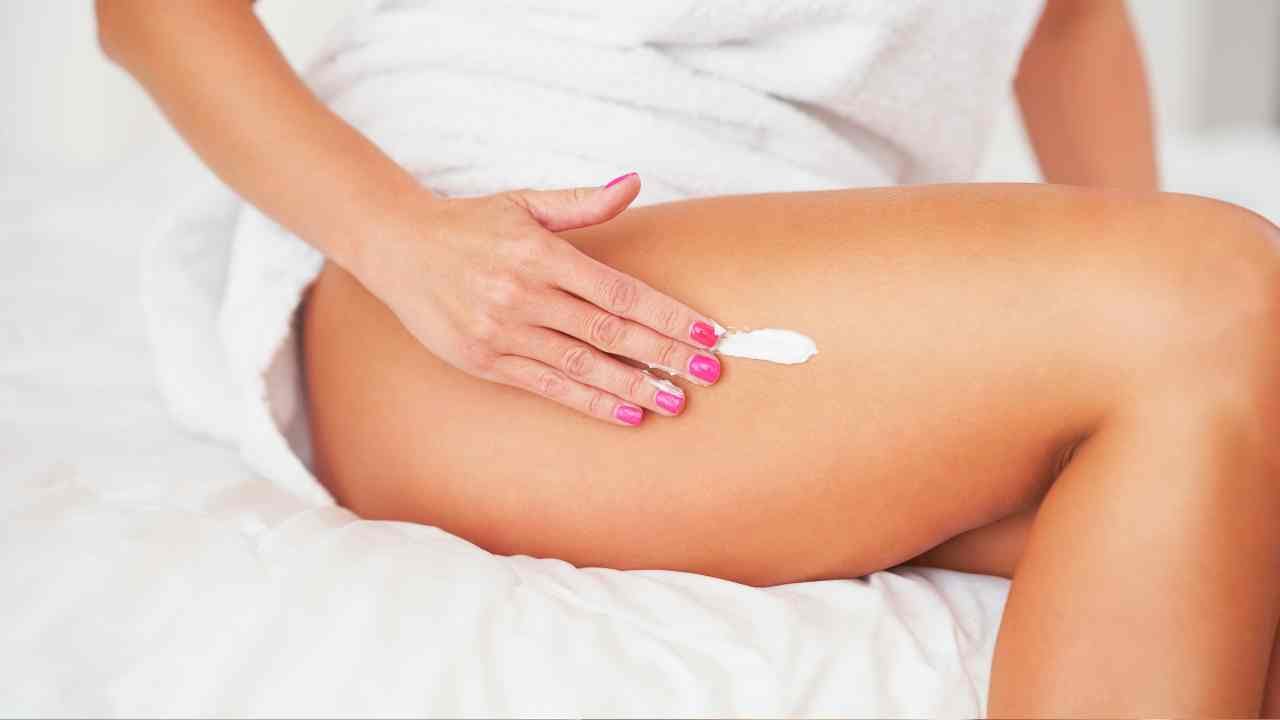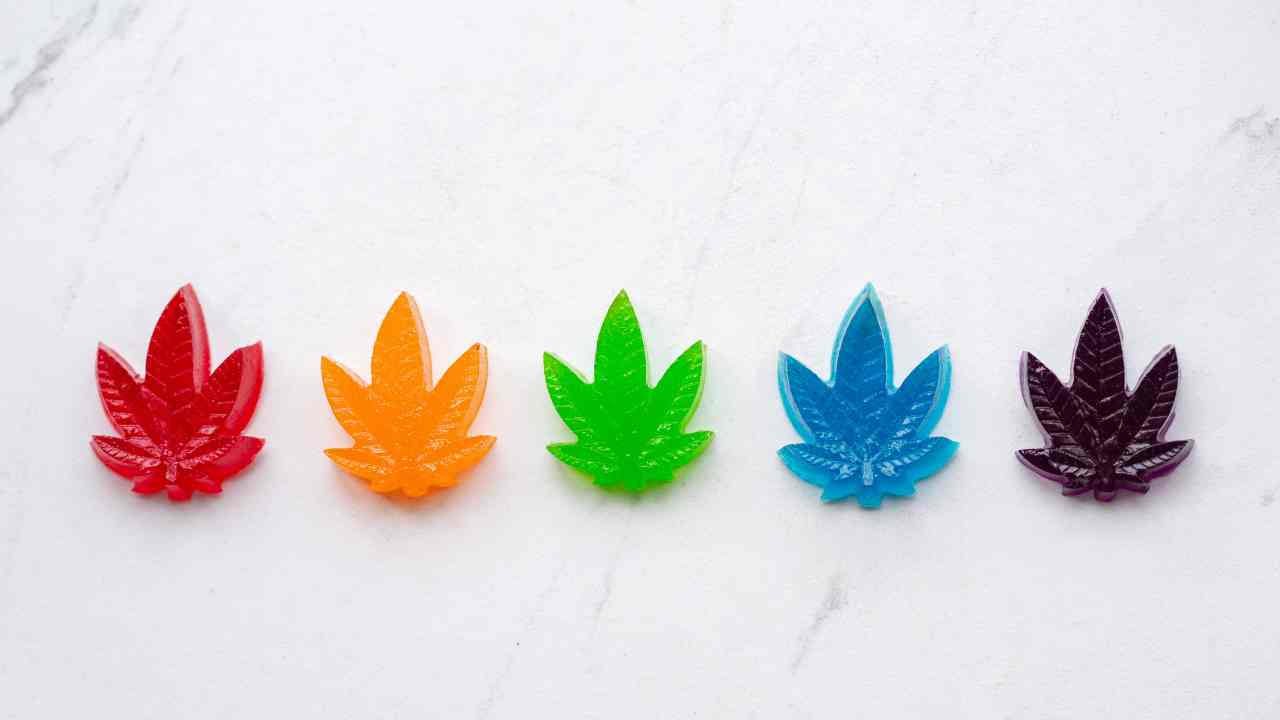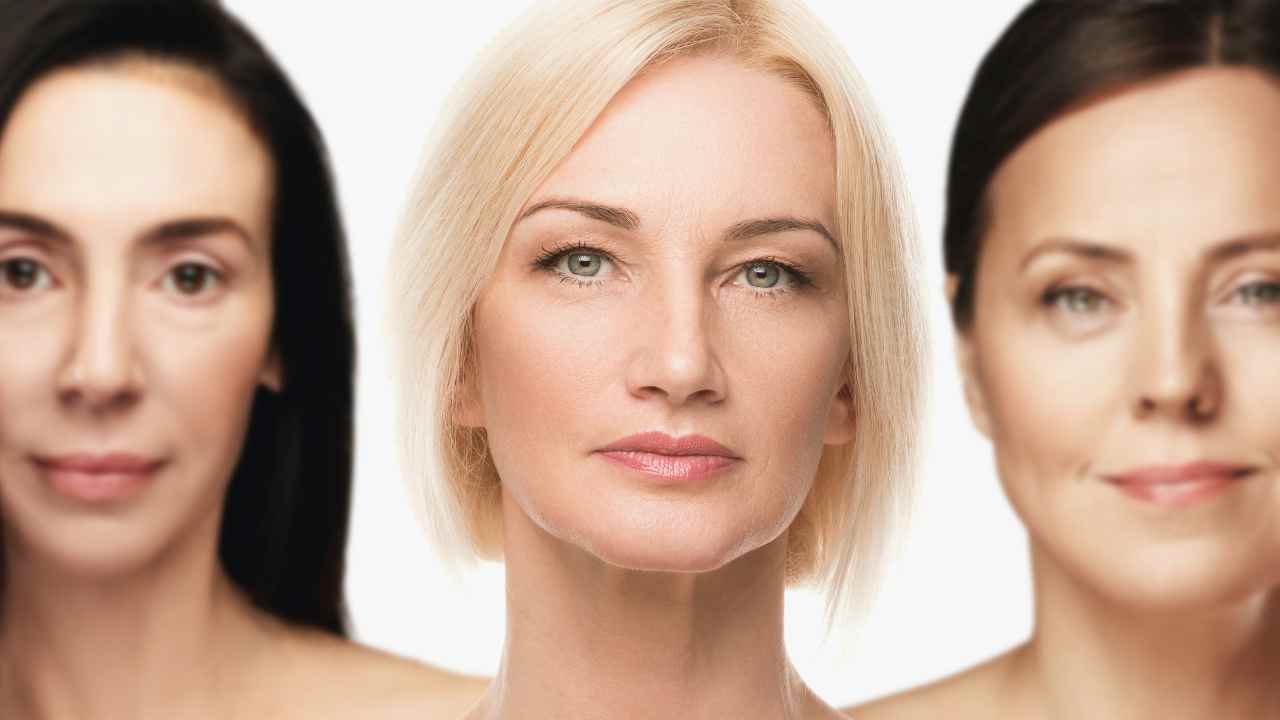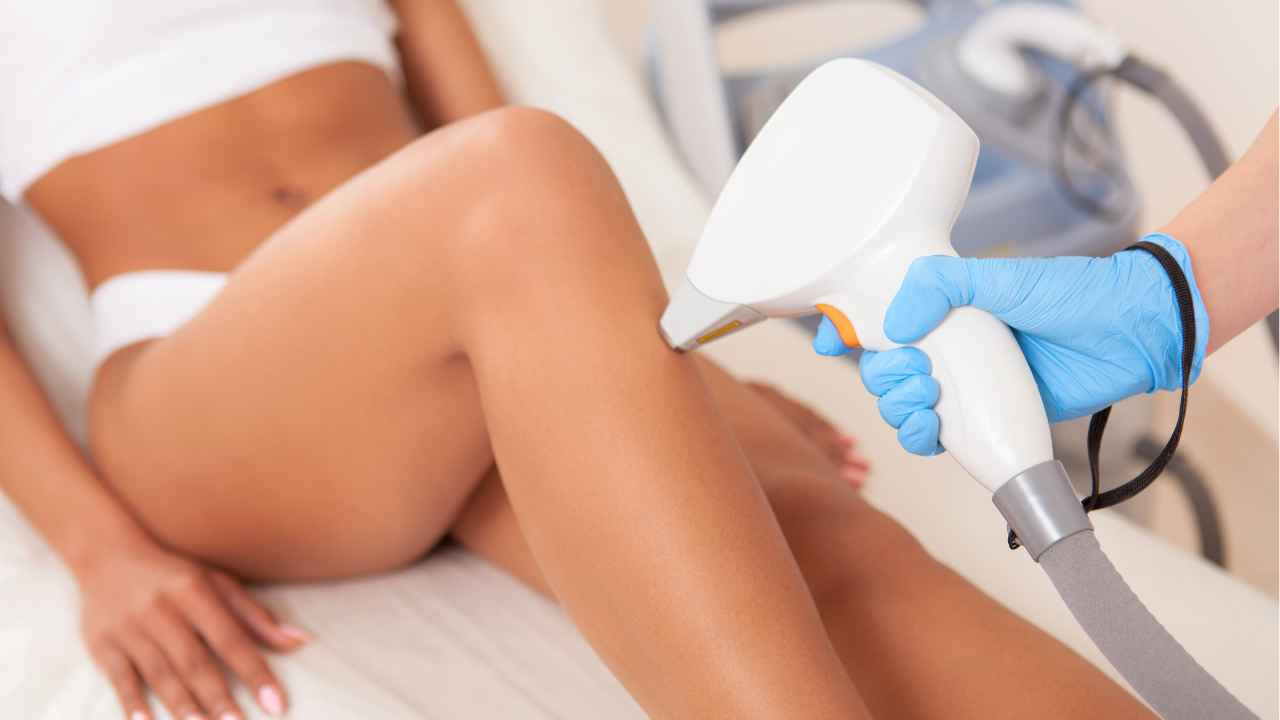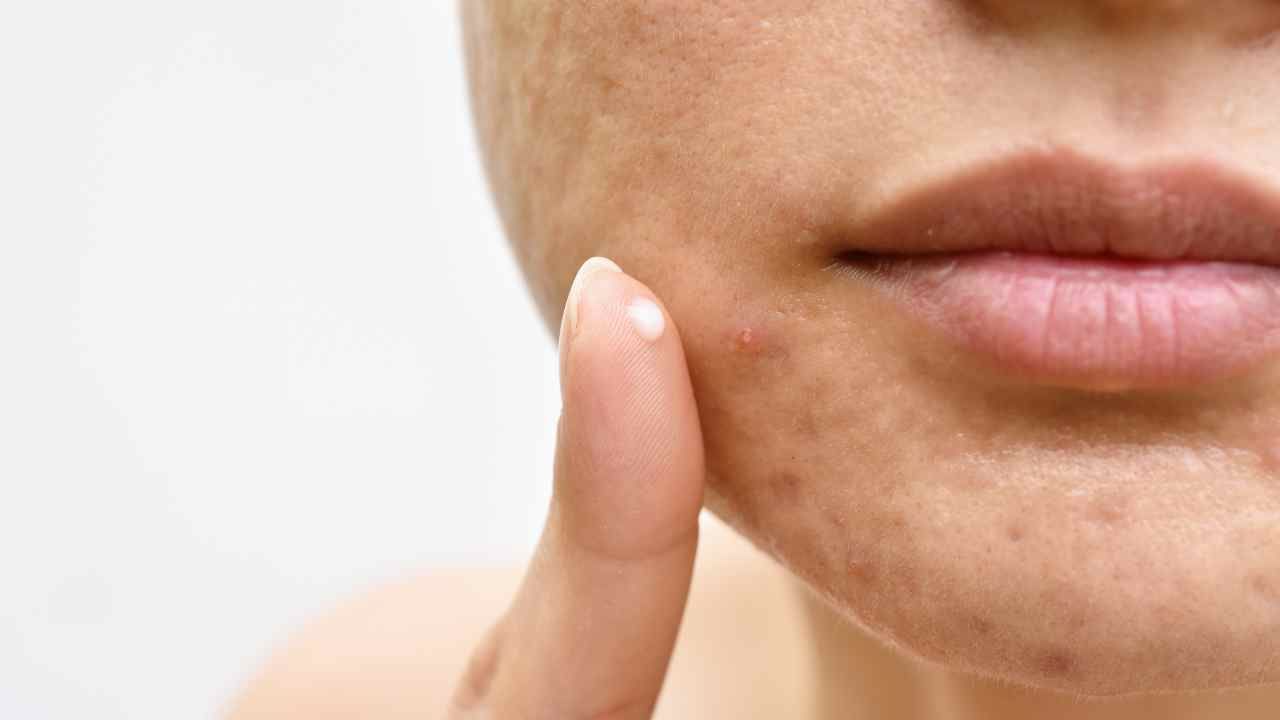
Can Triamcinolone Acetonide be Used for Acne or Not?
Are you looking for a magical cure-all for acne? Wouldn't it be great if there was one single product that could take care of all your skin woes?
Well, if you've heard of using topical triamcinolone acetonide cream as a treatment for blemishes but weren't sure what the fuss is about, then fear not!
Here's everything you need to know about this topical cream and whether or not it can really make a difference in improving your complexion.
Continue reading to find out how triamcinolone acetonide works and why so many people swear by its results.
Understanding Your Acne Issue
Before we delve into the specific use of triamcinolone acetonide, it's crucial to have a basic understanding of acne.
Simply put, acne is an inflammatory skin condition caused by the over-production of oil (sebum) and blockages in the skin’s pores. It can cause pimples on the face, chest, back, neck or shoulders and include clogged pores, blackheads, whiteheads, cysts and, eventually, scars.
Acne occurs when excess sebum production combines with dead skin cells to create hardened plugs which accumulate bacteria as they form deep within our pores. This creates a perfect storm for inflammation which then leads to spots appearing on our skin's surface.
It’s important to note that acne isn't just something we experience during adolescence—it can affect adults too. In fact, adult onset acne has been increasing in recent years due to rising stress levels and hormonal imbalances caused largely by lifestyle factors such as poor dieting habits or lack of sleep.
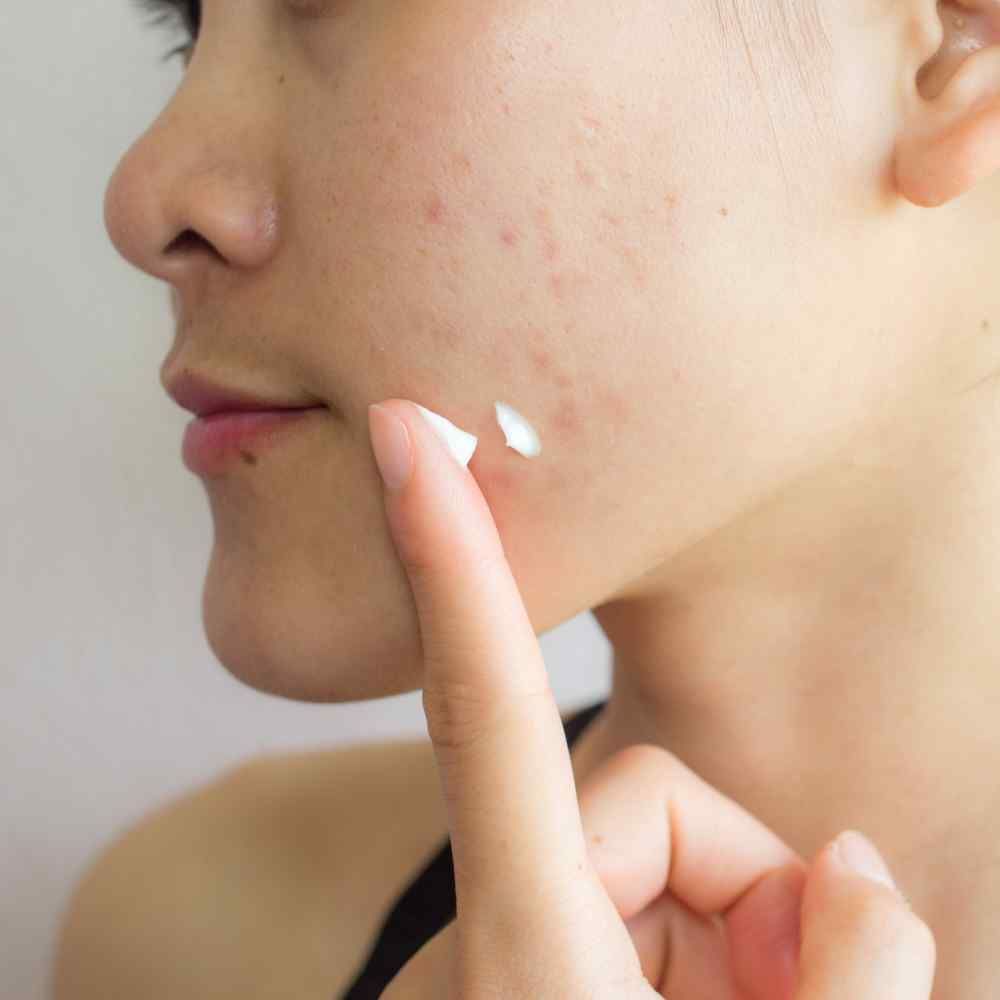
What is Triamcinolone Acetonide?
Triamcinolone acetonide (TAA) is a wonder drug that has been used to treat a variety of conditions since its approval for use by the FDA over 60 years ago.
TAA belongs to a class of medications known as corticosteroids, and it's widely available in creams, ointments, lotions, injectables, and aerosols. It's most commonly used for skin conditions such as eczema and psoriasis because it helps reduce inflammation and itching.
It can also be used to treat asthma via inhalation or in oral form for allergies. It may also be injected into joint spaces to provide temporary relief from joint pain caused by arthritis or other inflammatory conditions.
TAA works by suppressing your body’s immune response so that it stops attacking itself – kind of like putting out a fire with an extinguisher! This allows your tissues to recover more quickly from inflammation-related problems like eczema or psoriasis flares without having the body constantly working against itself.
For those who suffer from chronic skin conditions like eczema or psoriasis, TAA is often employed alongside other treatments such as medicated ointments or light therapies.
It rapidly reduces flare-ups associated with those issues while allowing time for those other treatments take effect more gradually on long term improvement.
Fun fact: besides being approved by the FDA for human use, TAA is even safe enough for veterinary use! In cats and dogs it can be applied topically using medicated shampoos, lotions, creams, or powders but should still only be done under supervision of a vet due to possible side effects (just like us humans!).
Because of all of its anti-inflammatory benefits, some individuals have explored triamcinolone acetonide's potential application in managing acne and preventing acne scars.
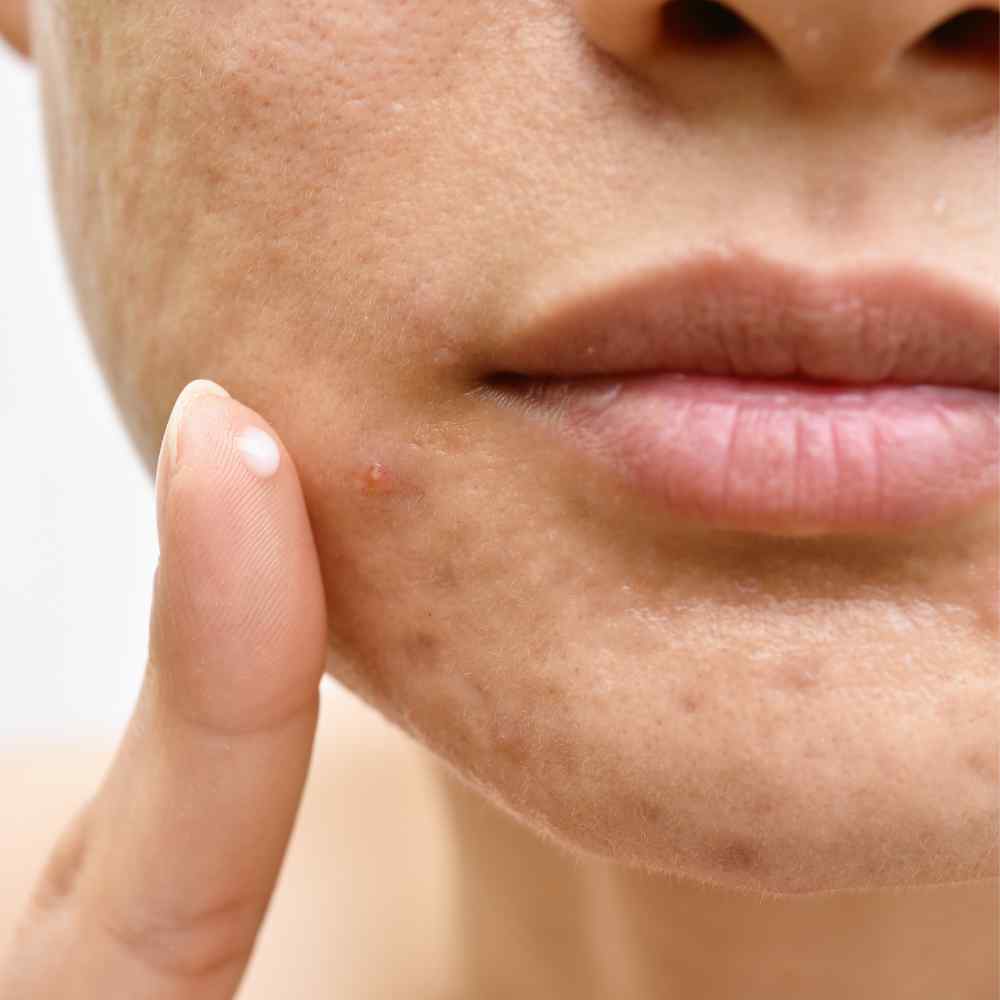
Triamcinolone Acetonide Benefits for Acne
Here are a couple of the possible reasons to use triamcinolone acetonide cream for your acne.
Anti-Inflammatory Properties
Triamcinolone acetonide's anti-inflammatory properties can help reduce the redness, swelling, and irritation associated with acne. It targets skin inflammation that occurs around acne lesions, promoting a calmer appearance and potentially accelerating the healing process.
Nodule and Cystic Acne
Triamcinolone acetonide injections may be used to treat cystic acne and large, inflamed acne nodules. The injection is administered directly into the lesion to reduce inflammation and speed up healing. This targeted approach can be effective in resolving stubborn, painful acne.
What You Should Know About Triamcinolone Acetonide
While triamcinolone acetonide may offer benefits for certain types of acne, there are important considerations and precautions to keep in mind:
By Prescription Only
Triamcinolone acetonide is a prescription medication, and it should only be used under the guidance and supervision of a dermatologist or healthcare professional. They can assess your specific acne condition, determine if triamcinolone acetonide is appropriate for you, and provide the correct dosage and application method.
A Short-Term Solution
Triamcinolone acetonide is typically used for short periods to address acute inflammation or severe cystic acne.
Prolonged or excessive use can lead to adverse effects, such as thinning of the skin, increased vulnerability to infections, and potential hormonal imbalances.
Common Side Effects
While triamcinolone acetonide is generally safe when used as directed, it can cause side effects in some individuals. These may include skin thinning, discoloration, dryness, or a burning sensation. It's important to discuss any concerns or side effects with your dermatologist promptly.
Not for All Types of Acne
Triamcinolone acetonide is not suitable for all types of acne. It is primarily used for targeted treatment of inflammatory nodules or cysts and may not be effective for other forms of acne, such as comedonal acne or mild-to-moderate inflammatory acne.
Individual Results May Vary
Everyone's skin is unique, and what works for one person may not work the same way for another. It's important to have realistic expectations and understand that the response to triamcinolone acetonide may vary from person to person.
Alternative Acne Treatments
While triamcinolone acetonide may be beneficial for specific types of acne, it's essential to remember that it's not the only treatment option available. Other effective acne treatments include:
1. Topical Retinoids: Retinoids, such as tretinoin or adapalene, are commonly prescribed for acne. They are applied after cleansing and help regulate cell turnover, unclog pores, and reduce inflammation.
2. Benzoyl Peroxide: Benzoyl peroxide is an over-the-counter spot treatment that effectively targets acne-causing bacteria and helps reduce inflammation.
3. Salicylic Acid: Salicylic acid is a beta-hydroxy acid that helps exfoliate the skin, unclog pores, and reduce acne breakouts.
4. Antibiotics: Oral or topical antibiotics may be prescribed in severe cases to reduce inflammation and control bacterial growth.
Consulting a Dermatologist
If you're considering using triamcinolone acetonide or any other treatment for acne, it's crucial to consult with a dermatologist.
They can evaluate your specific acne condition, recommend the most appropriate treatment options, and guide you on the proper usage and potential side effects.
Dermatologists take into account your individual needs and help create a personalized treatment plan for optimal results.
Triamcinolone Acetonide or Acne Medication?
All things considered, triamcinolone acetonide is a valuable ally in the war against acne. But like all soldiers, it requires strategic deployment to achieve maximum results.
With that in mind, consider talking to your dermatologist before adding this to your acne treatment arsenal. He or she will help you determine if triamcinolone acetonide is a viable solution for your skin woes and guide you through safe treatments.
Until then, arm yourself with information and educate yourself on the full range of facial concerns and treatments available to you. After all, your complexion's battle plan should always be tailored to address your unique needs!



